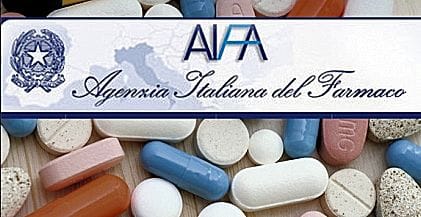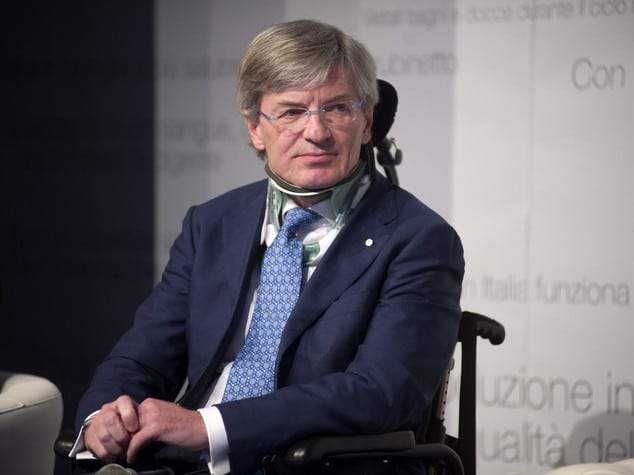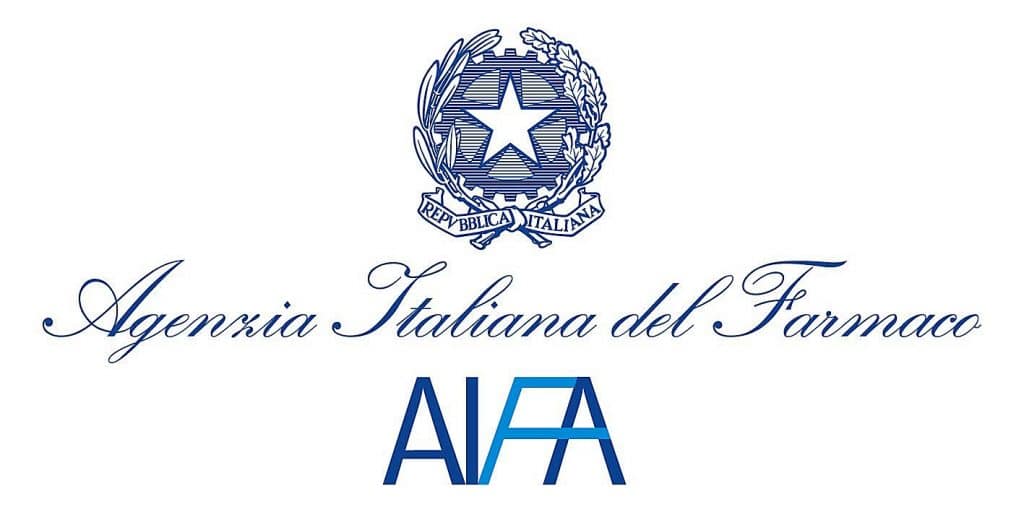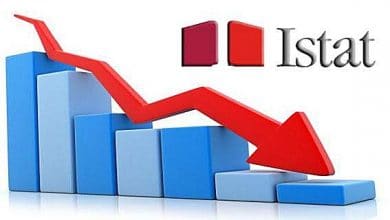
Biosimilars, therapeutic equivalence and freedom of choice of doctor. For AIFA, the daily work is to give answers to patients
The challenge that scientific and technological progress poses to us today, as regulatory agencies, in governing a complex world such as that of medicines, is to combine efficiency innovation, access to therapies And sustainability.
From this point of view, AIFA is called to contribute to the protection of health through medicines, to guarantee unity and homogeneity of the  pharmaceutical system ea promote economic balance of pharmaceutical expenditure, a fundamental requirement for contributing to the sustainability of the National Health Service.
pharmaceutical system ea promote economic balance of pharmaceutical expenditure, a fundamental requirement for contributing to the sustainability of the National Health Service.
A National Health Service that fails to provide its citizens, starting with the poor, with access to essential medicines would in fact betray its own mission (sanctioned by the law establishing the NHS No. 833 of 23 December 1978).
The regulatory activity of the Agency must represent, in the context of our healthcare system, a guarantee of sustainability and homogeneity of the services of the essential levels of assistance (LEA) and a technical-scientific support for the decisions that are taken at the various levels (regional and local) and in clinical practice itself. In no case can AIFA replace the doctor, which always prescribes according to science and conscience, having as its primary objective the health of its patient, the response to its need, and therefore the efficacy, safety and appropriateness of its therapy.
Therefore, some objections in principle that recent AIFA decisions inspired by these principles have raised are surprising. I refer to position paper on biosimilar medicinal products - in which the Agency declares that it considers biosimilars interchangeable with reference biologicals, both for naïve patients and for patients already on therapy - and the most recent determines on therapeutic equivalence, which defines the criteria adopted by AIFA to evaluate the therapeutic equivalence between drugs with the same indication but different active ingredients.
Both measures have a common goal: expand the patient base who can have access to necessary medicines, favoring increased competition and better resource allocation, always in full compliance with the free prescriptive choice of the doctor and the specificity of each individual patient.
I recall, for example, that providing regions with evaluations "justified and documented” for the purposes of any decisions based on therapeutic equivalence is a precise mandate assigned to AIFA by the legislator (law n. 135/2012) and that the Agency's Technical-Scientific Advisory Commission (CTS) has already examined several requests of this type received over the years from the Regions.
Making the criteria that AIFA adopts for these assessments public is therefore a act of transparency. It would then suffice to go a little deeper into reading the document to understand that the approach adopted is inspired by scientific rigor and does not jeopardize either the health of the patients or the freedom of choice of the prescribing doctor.
In order to be evaluated on the basis of therapeutic equivalence, two or more drugs must meanwhile possess a series of requisites concerning the therapeutic indications, the efficacy tests, the route of administration, the dosage scheme, the experience of use. A report must also be produced in which a multidisciplinary working group, including prescribers, can identify, inter alia, the conditions for which a active principle is more suitable than another.
 The Agency also gives companies the opportunity to submit any studies and comments that may add useful elements to the assessment. In the equivalence tenders for centralized purchases of medicines, the regions must in any case reserve one minimum share of 20% for subpopulations of patients requiring a specific active principle among those competing.
The Agency also gives companies the opportunity to submit any studies and comments that may add useful elements to the assessment. In the equivalence tenders for centralized purchases of medicines, the regions must in any case reserve one minimum share of 20% for subpopulations of patients requiring a specific active principle among those competing.
I recall that last March, some regions – Emilia Romagna, Lombardy and Veneto – signed agreements with the Government for the attribution of particular forms and conditions of autonomy, in which, among the various points, emerges the theme of therapeutic equivalence. In particular, it is established that the technical-scientific assessments submitted to AIFA that are not answered by the Agency within 180 days can be used by the Regions to make their own decisions based on therapeutic equivalence.
Therefore, referring to an obligatory and binding opinion, provided by the competent national authority, is a guarantee of uniformity and fair access to services, which reassures doctors and patients.
Treating a greater number of patients with the most appropriate therapies and saving resources to re-invest in innovation and in the system, based on scientific evidence and clinical experience and always respecting the free prescribing choice of the doctor, is the goal.
Let us always remember that the future is concrete awareness of the present. The useful and the functional to ensure concrete responses to the needs of patients who must receive the appropriate therapy, based on the guidelines shared by the national and international scientific community in the best cost-benefit ratio.
Mario Melazzini





